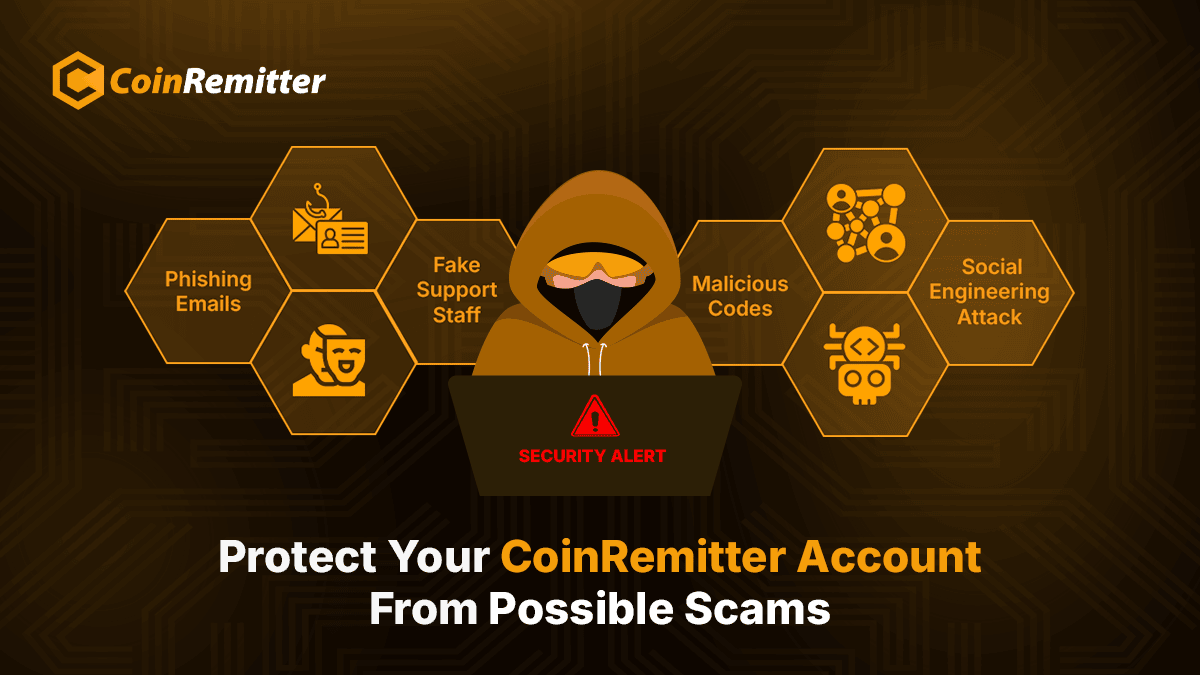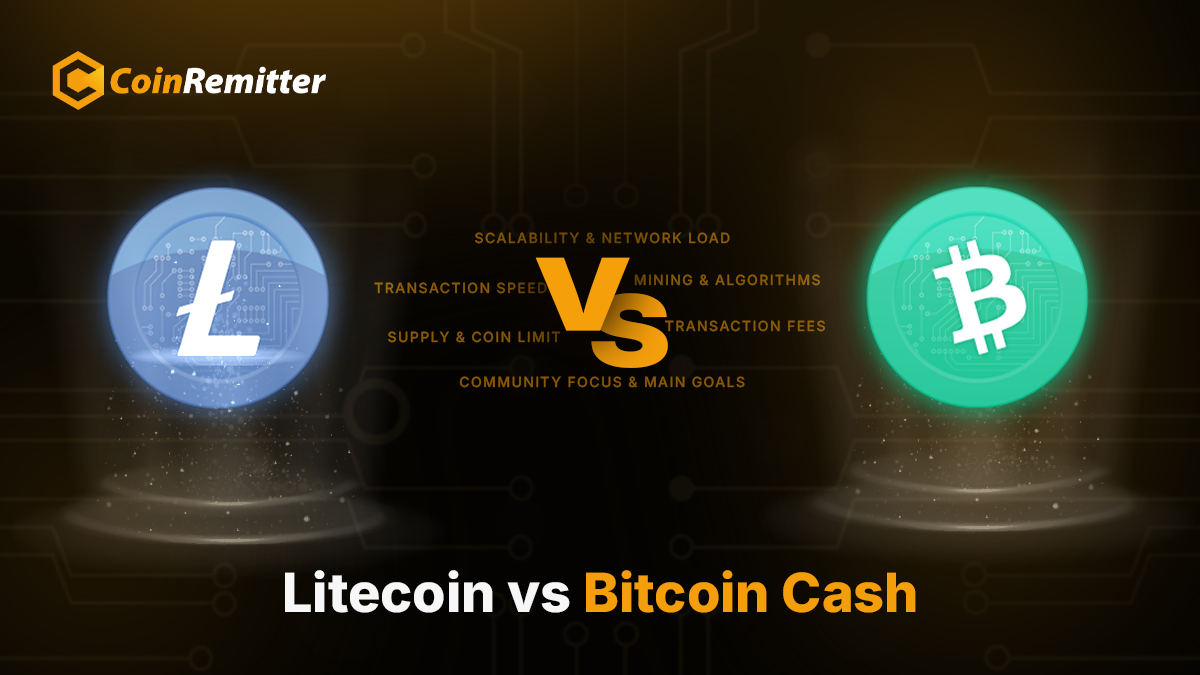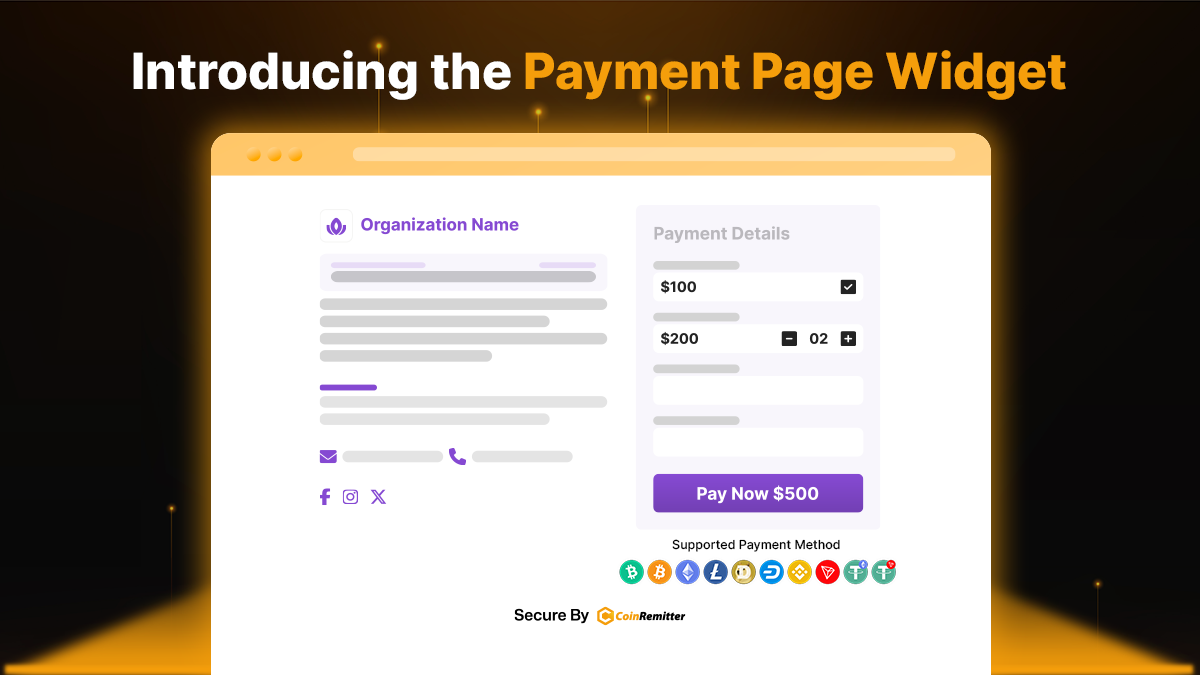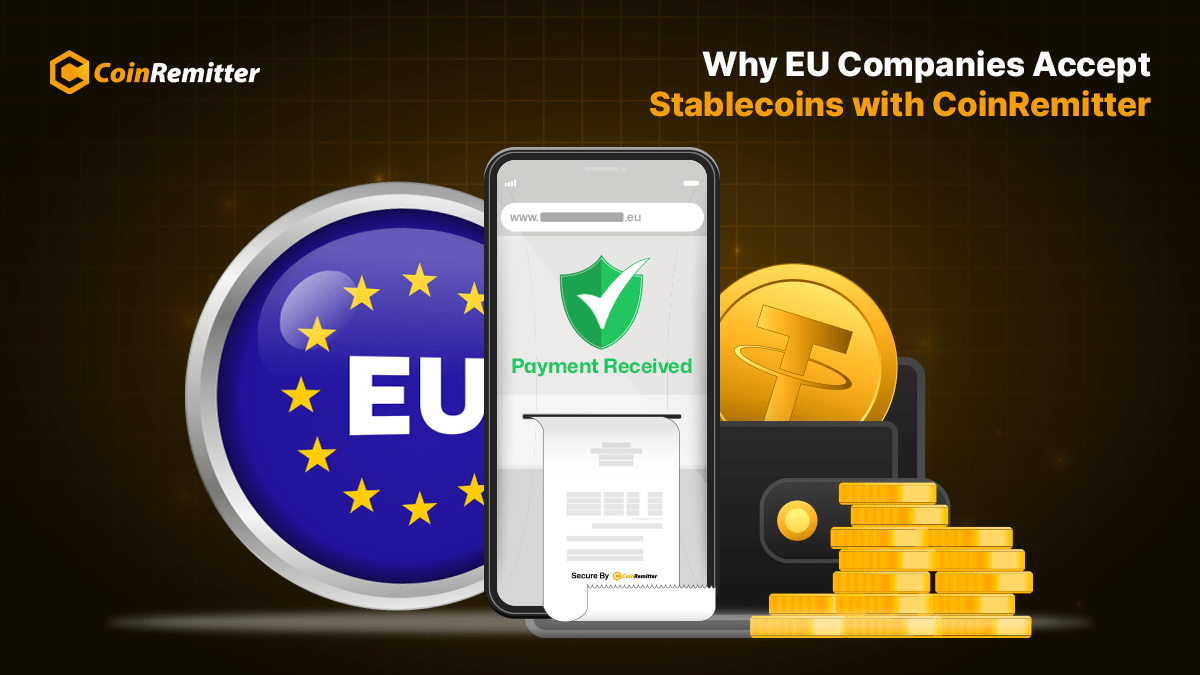The Potential of Zero-Knowledge Proof in Blockchain
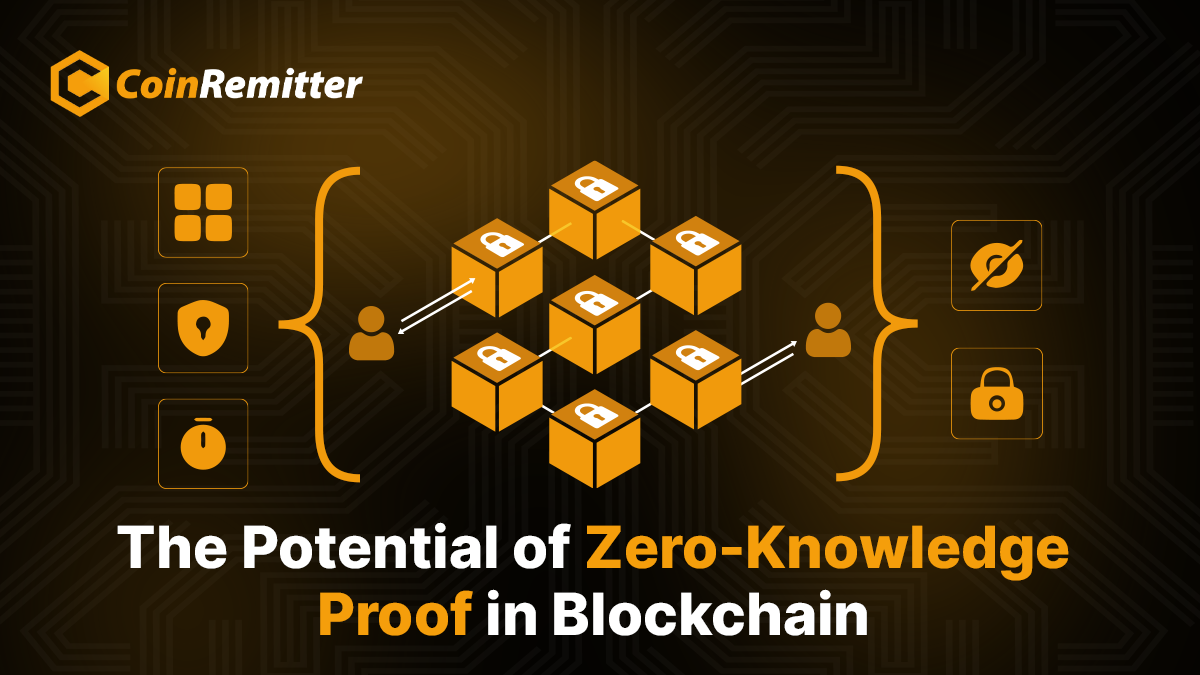
Technology in the crypto world is evolving, and with it fraudulent activities. Therefore, maintaining robust security protocols is essential for secure transactions. While the security of blockchain technology is promising, there is a growing need for additional measures. This is where Zero-Knowledge Proof comes in. It is an emerging innovation that offers advanced ways to ensure security and transparency. This blog will look at the potential of Zero-Knowledge Proof and how it can create a more secure future for blockchain technology.
But what is Zero-Knowledge Proof? Let’s begin by understanding that.
Zero-knowledge Proof
Zero-knowledge Proof is a cryptographic technique that is designed to enable one party (the prover) to prove to another (the verifier) that they know a specific value or a piece of information without revealing too much about it. This ensures privacy and security during transactions and exchanges of sensitive information in various digital environments.
How does it work?
A Zero-knowledge Proof functions by having the verifier ask the prover to carry out a series of actions that can be completed correctly if the prover truly knows a specific piece of information. If the prover is simply guessing, they are likely to make a mistake during these steps, which the verifier can detect with a high level of probability.
There are two forms of ZKPs: interactive and non-interactive. Interactive ZKPs involve the prover going through the proof process with each verifier individually. Non-interactive ZKPs allow the prover to create proof that can be checked by anyone with access to the proof.
Three core properties of Zero-Knowledge Proof include,
Completeness: If a statement is true, an honest prover can convince an honest verifier that they knows the correct information.
Soundness: If a statement is false, a prover cannot convince an honest verifier to believe they knows the correct information.
Zero-knowledge: If the statement is true, the verifier only learns that the statement is indeed true from the prover, without gaining any additional information.
Types of Zero-Knowledge Proof
There are different types of ZKPs, and each has its unique characteristics, such as proof, verification speed, and proof size. This includes:
ZK-SNARKs:
Short for “succinct non-interactive argument of knowledge,” SNARK is compact and straightforward to verify. They produce a cryptographic proof using oval curves, which is more efficient in terms of gas compared to the hashing function approach.
ZK-STARKs:
STARK stands for “scalable transparent argument of knowledge.” Proofs based on STARKs require minimal interaction between the prover and verifier, making them faster than SNARKs.
PLONK:
PLONKs stand for “permutations over Lagrange bases for universal non-interactive arguments of knowledge.” They use a universal trusted setup that works with any program and can involve many participants.
Bulletproofs:
Bulletproofs are compact zero-knowledge proofs that don’t need a trusted setup. They’re used to ensure privacy in cryptocurrency transactions.
Benefits of Zero-Knowledge Proof in Blockchain
Privacy:
One of the biggest benefits of ZKPs is that they allow private data to be used within transparent systems like public blockchains, such as Ethereum. Normally, anyone can see and download all the data on a blockchain, but with ZKP, users can use their private data in smart contracts without revealing the information.
Secure:
ZKPs are a smart option for sharing information. Users can understand them without the need to understand the technical details or complex codes.
Fraud Prevention:
Zero-knowledge proofs let someone prove they know specific information without revealing it. This can help prevent fraud and ensure compliance in different areas.
Challenges of Zero-Knowledge Proof in Blockchain
Computational Requirements:
Blockchain’s current computational power isn’t enough to handle the large-scale, complex zero-knowledge machine learning on-chain. Popular ZK-SNARKs used for ML zero-knowledge proofs can only support small-scale, less complex ML tasks. This is a major challenge for developing ZKML applications on the blockchain.
Proof Verification Costs:
Besides the costs of creating proofs, verifying them also involves complex calculations, making ZKP technology expensive to use. Even the most efficient zkSNARKs proofs today require a lot of resources for verification.
Integration issues:
Integrating ZKPs into existing systems and protocols can require significant changes to the underlying architecture, which can be both technically and logistically challenging.
Real-World Applications of Zero-Knowledge Proof in Blockchain
Cryptocurrencies:
Zero-knowledge proofs are important for enhancing privacy in blockchain technology. Cryptocurrencies such as Monero use ZKPs to make transactions private. This means the sender, receiver, and amount sent are kept confidential, while still verifying the transaction is valid and secure.
Supply Chain:
ZKPs are used in supply chains to confirm the authenticity of products or transactions without sharing any sensitive information. This helps create a transparent and trustworthy supply chain, allowing stakeholders to track and verify the origins of goods while keeping the data private.
Identity Verification:
Zero-knowledge proofs are used in identity verification to confirm specific details or credentials without disclosing unnecessary personal information. This is useful for verifying age, and citizenship, or granting access securely while protecting user privacy.
Voting Systems:
Zero-knowledge proofs improve voting security by letting voters prove their votes are valid without showing which candidates they chose. This keeps votes anonymous, prevents tampering, and builds trust in elections, making voting systems safer.
Internet of Things:
ZKPs can verify that software updates for IoT devices come from the right manufacturer, restrict access to networks and user data to authorized devices only, and secure communication between devices. They cut down on data transmission and processing, which helps IoT devices use less energy and work more efficiently.
Conclusion
Zero-Knowledge Proofs are transforming blockchain technology by providing unmatched privacy and security benefits. Despite challenges, ZKPs offer promising applications across various sectors. As advancements continue, ZKPs are expected to greatly improve trust and confidentiality in digital transactions and exchanges across blockchain platforms.
Over 38,000 merchants are using CoinRemitter
Join them now